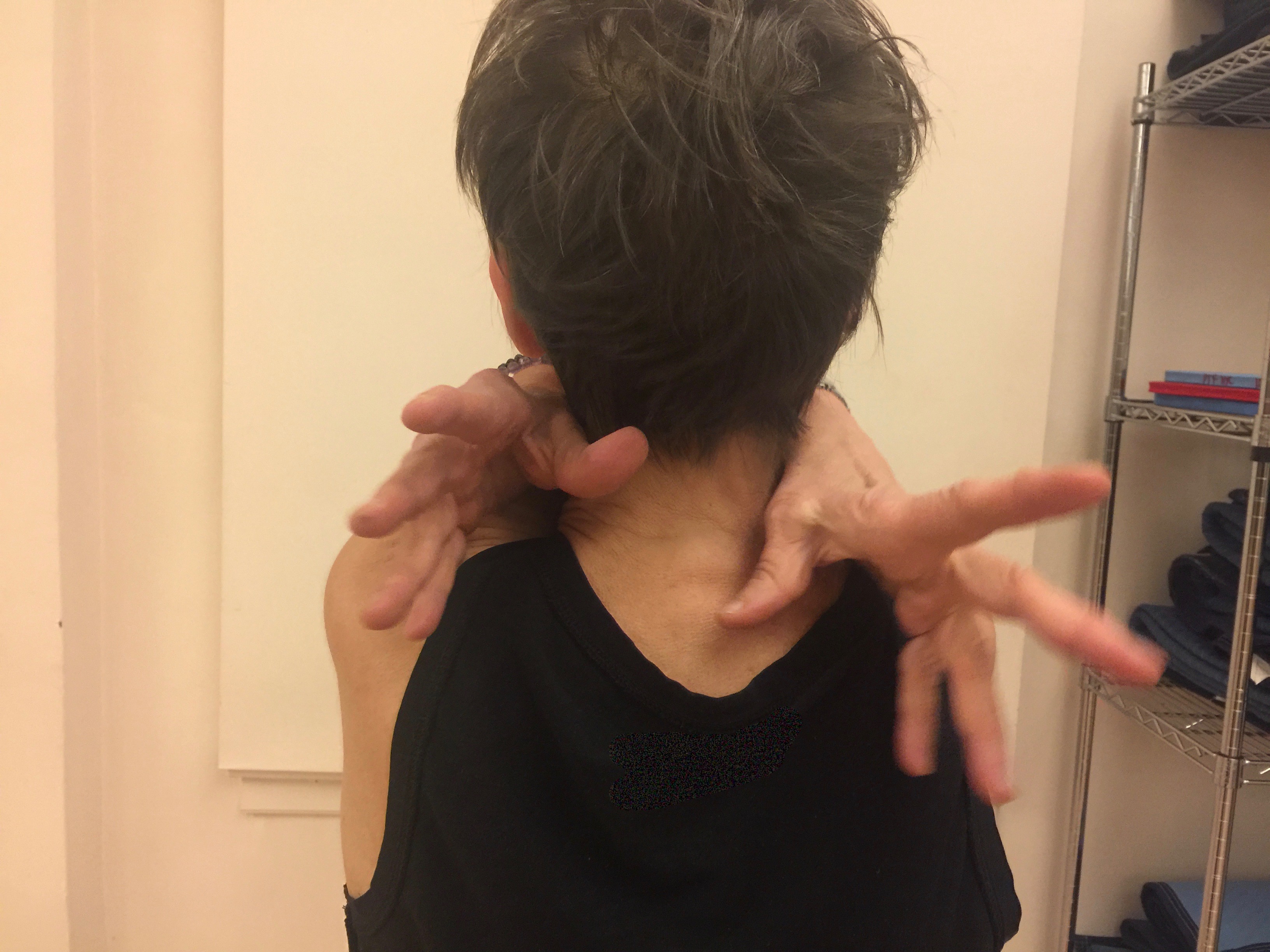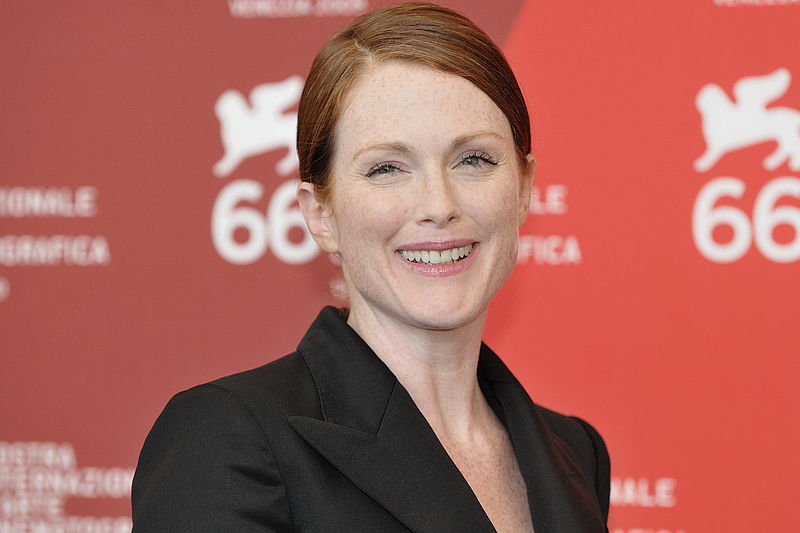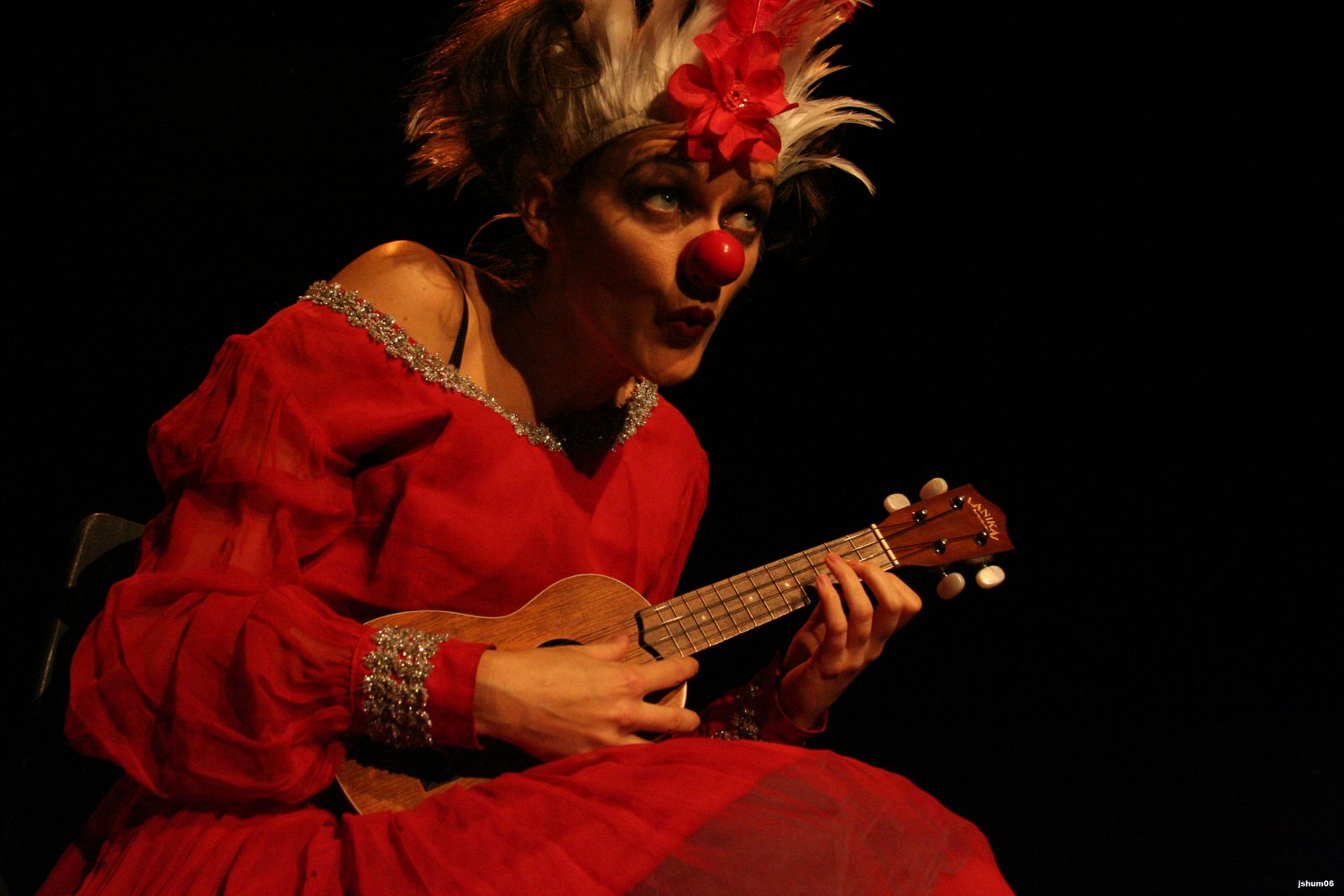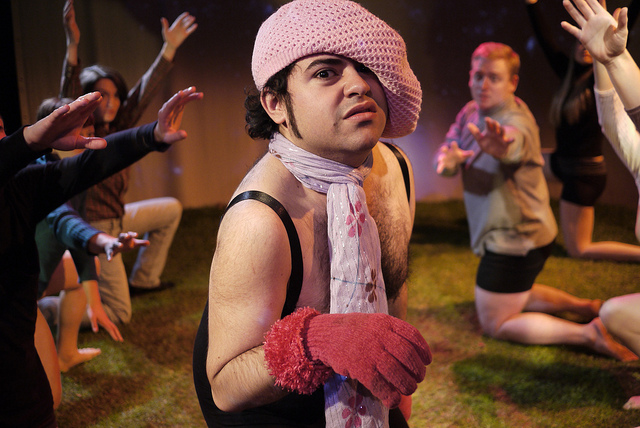Open the Country
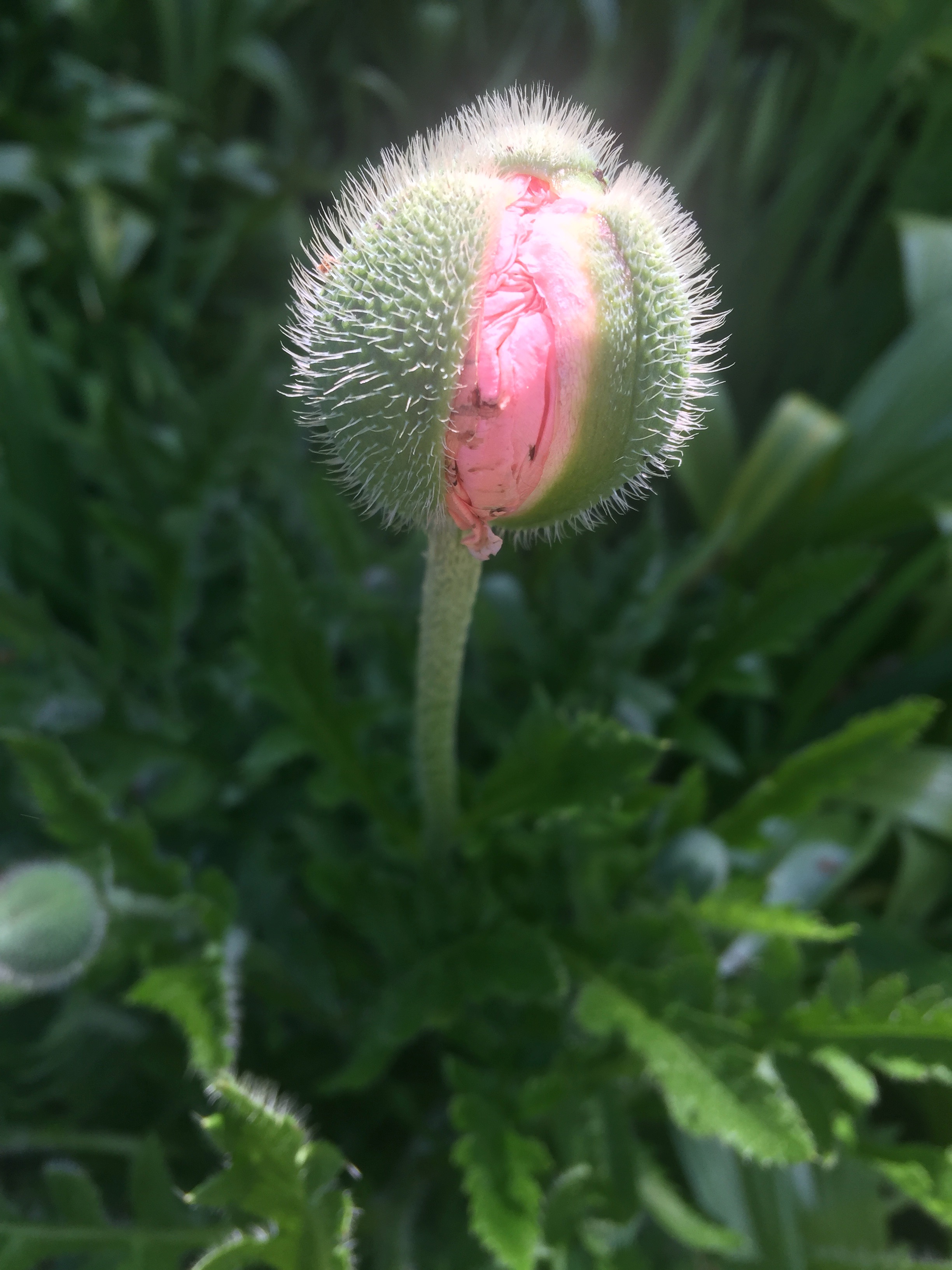 How are you?
How are you?
Can you answer as you did before the plague, before the knee to the neck, or before you knew about the knee to the neck?
Nowadays you might share how you are coping with it, or your opinion about it, or your feelings about it. For the first time in a long while, we are experiencing the same subject, no need to dither on about the weather, our usual common ground. We’re in it together, in this worldwide connected suffering that bitterly divides us. And we’re in it alone, suffering in our own way, fed by our own history, nourished by what we attend to in our present, and sustained by the story we tell about it.
My story features a hospital ICU, a ventilator, a deep tongue kiss with death, and maybe a recovery. People wish me recovery, and so do I, but the truth is I can’t have back what I had.
How about you? Has it all been taken away? your routine, your people, your purpose? or maybe those things are there but changed so much they are unrecognizable. Mostly when we find ourselves in virgin territory, we reach back for what we know. We want to ‘open the country,’ resume operations, resume shopping and consuming. But many now see this moment as a potential turning point, a moment to start over, to really open the country, open our eyes to the injustice we didn’t want to see, to learn about ourselves, to join together to create meaningful change.
The first tenet of Buddhist practice, classically translated as Cease from Evil, is understood by the Zen Peacemakers as Not Knowing. It’s different from what we experience as uncertainty, which I contend is more like rehearsing scary outcomes. Not knowing means we see the world as it is instead of what we think it is, fresh at every instant, instead of an idea. What is this world as it is? It is impossible to answer; it is only possible to become aware of our ideas, gently let them go, and let the other show itself.
Dropping ideas and starting fresh is not so easy. Ideas and habits re-assert themselves like weeds in the suburban lawn. The Zen koans use weeds as metaphor for our entanglements. We can never really get rid of them, even in a monastery or a mountaintop, but with practice— either meditation, good psychotherapy, a creative process, or all three—the weeds can stop choking our little buds of wisdom.
If I think about what gave me pleasure before—singing and dancing, and I compare that experience with my current condition of labored breath, choking voice and unsteady body, I feel anguish, grief, frustration, and even rage. Those feelings arise from ideas like “I need to get better,” “What happened to my strength?” or “Maybe I’m going to die.” The only action that can follow from those thoughts and feelings is war with my body as it is. Tension then accumulates and makes it even more difficult to breathe or vocalize; if someone speaks to me I snap, or croak. I’m sure they don’t understand. I suffer.
But with practice, I can dive into the experience itself, I can breathe the breeze as it moves through me, chew my food, swallow, flow with the rhythm of my body and the world that I sense. I enter the bitter comparison and I am free of it. I enter the grief and see that nothing is lost. I enter the rage and warm myself by the fire as I do good for others. Such is the enticing paradox.
On Sunday at the Village Zendo, Roshi Joshin invited the community to speak to each other about their experiences. People have been protesting, marching, calling on elected officials, risking their lives to transform the world. And now, in this space we were encouraged to turn inward to notice our responses and share them with each other. When at the end she asked us for one word to describe what we were feeling after the practice, many said ‘opening.’ We opened the borders and were nourished by what we received. And now, back to work.
June 2020
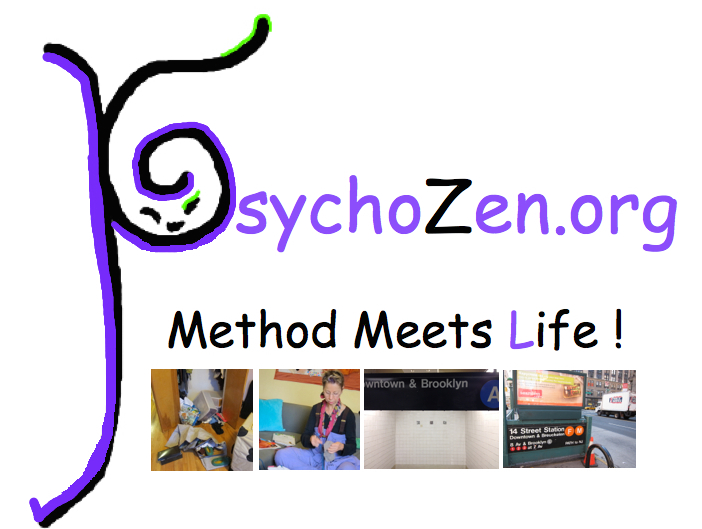
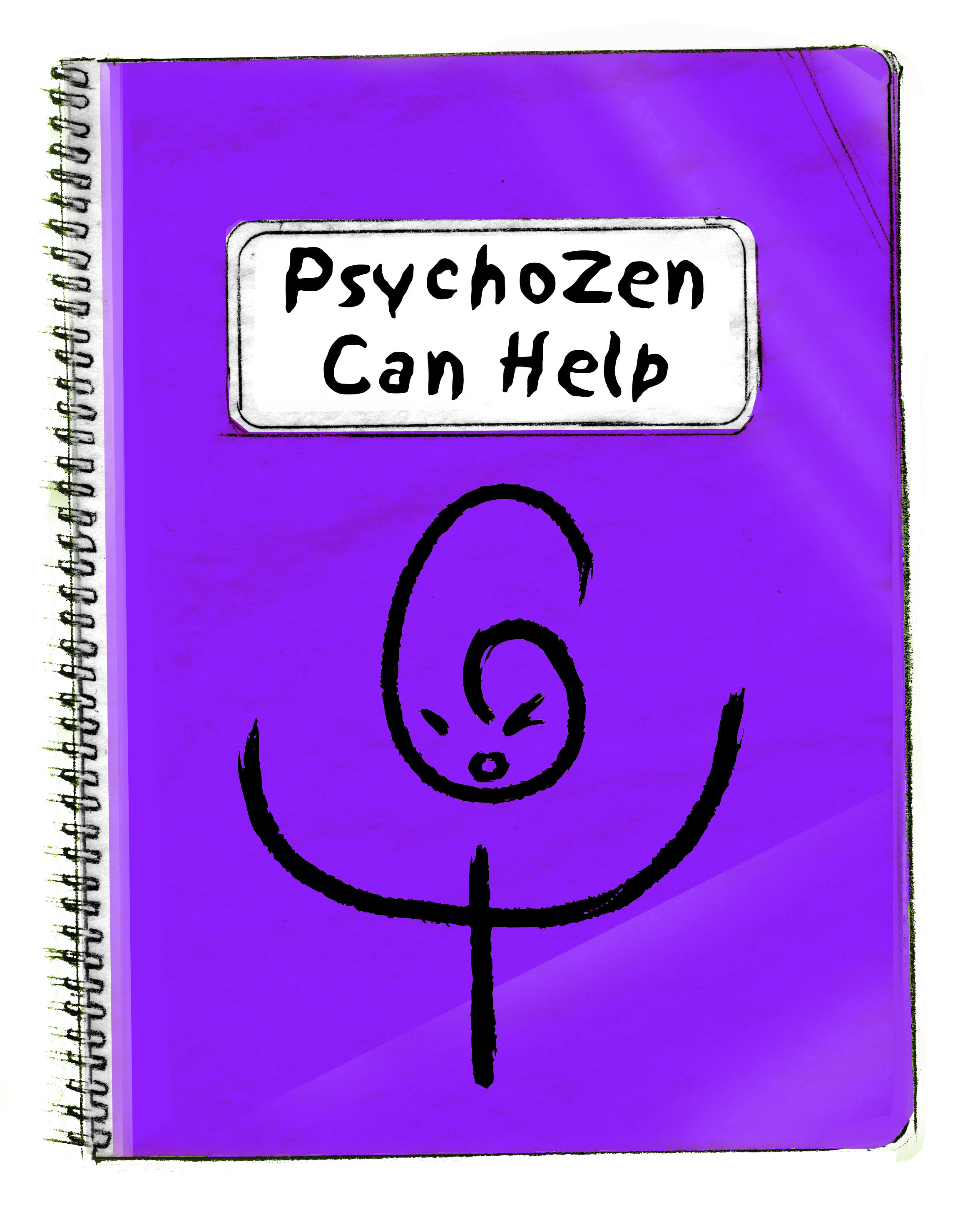
 Share Article →
Share Article → 